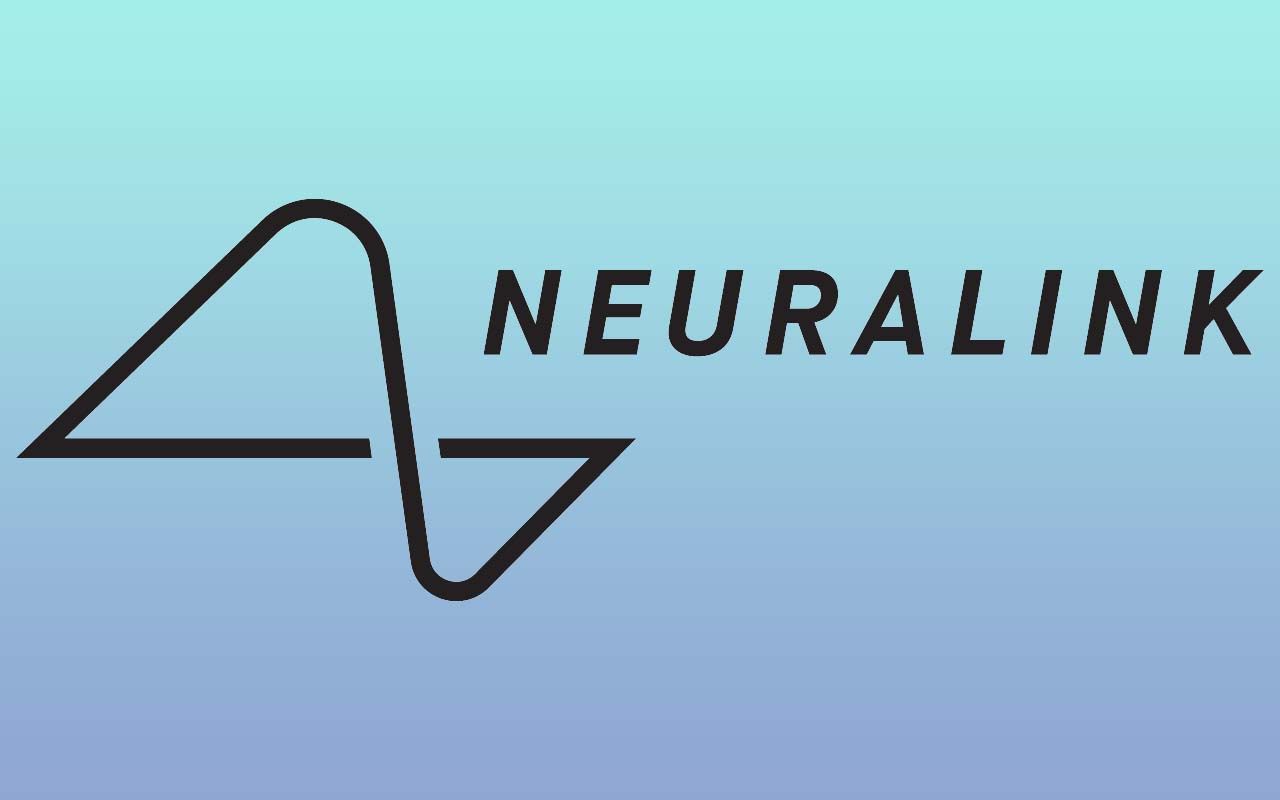
Neuralink, founded by Elon Musk, received approval from Health Canada to start human trials in Canada. The company’s first trial center will be Toronto Western Hospital, which has been designated as the “first and only surgical center” for the procedure. Neuralink began accepting patient registrations in Canada in March, but is now actively recruiting applications for potential participants who would like to participate in the trial. In its announcement on the social media platform X, the company said, “The registration process has started.”
Within the scope of Neuralink’s study called CAN-PRIME, the aim is to interpret the neural activities of the participant by placing an implant in their brain. Thanks to this implant, participants will be able to control a computer or smartphone with brain signals without the need for physical movement or cables.
Neuralink defines the purpose of this study as evaluating the safety of the implant and its surgical robot and testing the functionality of the brain-computer interface (BCI) technology. Especially with this technology, it is aimed to enable quadriplegic individuals to control external devices through thought. The data obtained from the trials will be an important resource to ensure safer placement of the implant and improve the capabilities of the technology.
Neuralink’s first human trial was conducted earlier this year. The first patient experienced some problems after the implant was placed in his brain; The thin strands of the implant had been reported to recede from his brain. However, it is stated that he is currently in good condition. In a post on the X platform, he stated that he planned to use Neuralink for 72 hours and wanted to show the capabilities of the technology in this process.
In the company’s second experiment, some improvements were made to prevent the strands of the implant from retracting. This patient started using computer-aided design (CAD) software just a few weeks after the surgery in July. For trials in Canada, Neuralink is specifically looking for patients who have limited or no use of both hands due to spinal cord injury or ALS.
The information Neuralink will obtain from these trials will contribute to the safe and effective development of brain-computer interface technology. The company aims to both improve the implant placement processes and offer wider application opportunities in this field.
Source link: https://www.teknoblog.com/neuralink-kanada-insan-deneyleri/
Web sitemizde ziyaretçilerimize daha iyi hizmet sağlayabilmek adına bazı çerezler kullanıyoruz. Web sitemizi kullanmaya devam ederseniz çerezleri kabul etmiş sayılırsınız.
Gizlilik Politikası